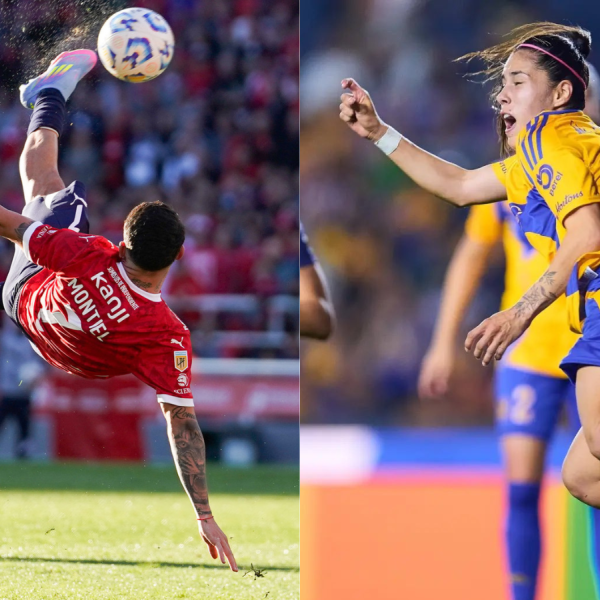It’s a coaching nightmare. It’s the 89th minute and it’s 1-1. You’ve been working on passing drills all week, keeping possession and building your attack carefully to launch that final killer ball, but it just hasn’t quite been happening for you today.
And then Mr. Flash ignores everything you’ve been practising and sets off on a mazy dribble, beats half the opposition single-handedly and scores. How can you tell him that he’s ruining your system when he’s probably just won you the game?
This, ladies and gentlemen, is the paradox of the dribbler. On the one hand, soccer is a team game and to win matches at the professional level, you really need everyone to pull together from palyer 1 to 11. On the other, some players are just so phenomenally gifted that for them, professional soccer is just like being back at school, when they were the kid who hit puberty two years before everyone else and couldn’t be stopped.
The dribbler puts a large middle finger up to careful coaching methods, diligent team mates and prosaic passing and plays by his own rules. Soccer is not really about scoring goals for the dribbler, although of course, you won’t catch Lionel Messi saying that. The dribbler simply wants to beat players, to show the world that they are the master of the ball and to entertain.
The beauty of soccer is that it is a game that caters to many aesthetics. Love a 40-yard bullet like Ronaldo against Porto? Pulse racing when a defender pulls off an inch-perfect slide tackle in the box?
Or are you beholden to the particular mystique of the dribble? We’re talking Maradona beating half the England team, Messi producing a carbon-copy of that goal against Getafe, a young Ronaldo leaving fullbacks seeking a cuddle off their mum and a tub of ice-cream. There is something visceral about the obvious triumph of one individual over another, and as more and more victims are added to the dribbler’s tally, so our excitement grows.
England fans must have watched in horrified awe as Maradona effortlessly cruised past not one, not two, but six England players before calmly, almost apologetically, scoring. The goal is the cherry on the cake of the dribble, the stamp of approval. But the magic belongs to the dribble.
What does it mean to be the dribbler? Cristiano Ronaldo’s flamboyance in his early Manchester United career created frustration, not least amongst his teammates (Fergie apparently let Ruud Van Nistelrooy go after he kicked Ronaldo for never passing), but his performances these days lack the romance of that earlier time.
Ronaldo is now synonymous with goalscoring, his Real Madrid statistics making him the equivalent of a 1-0 start every time he takes the field for his club, but is there not a part of us that longs for a return to Ronaldo the flawed human who liked a trick or two, rather than the remorseless machine?
Perhaps that is why we love the dribbler: the innate selfishness of dribbling, of demanding responsibility, of arrogantly dismissing a defender’s ability as inferior to their own, is what makes soccer a game for human beings to play. The dribbler is at once a reminder of the impossibly high standards that professional football sets, and also a throwback to our memories of playing as children, playing for the sheer pleasure of the game. The dribbler is a romantic: how could we do anything but love them?

 Home
Home

